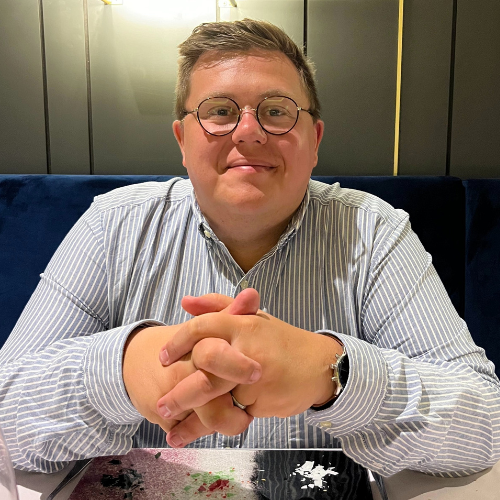An event at the Gathering probed the challenges of partnerships.
The challenges facing the third sector and its partners during the Covid-19 pandemic has aided in subsequent cross-sector work in Scotland, the Gathering has heard
On Tuesday at SCVO’s flagship voluntary sector event, charity and voluntary organisations told delegates of the benefits and challenges facing those undertaking partnership working.
The event, ‘Partnership prizes and pitfalls: lessons learnt from effective cross-sector partnerships’ featured speakers from Chest, Heart & Stroke Scotland (CHSS), Edinburgh’s Third Sector Interface, and Waverley Care.
Chaired by Susan Smith, CHSS’ head of communications, the audience heard about evaluations, keeping partners on side, and whether vision can overcome process challenges when setting up a partnerships.
She said: “Partnerships are all about relationships. But turning those relationships into more than warm words is the challenge.
“It’s a common thread among the third sector that cross partnerships improved during Covid.”
There was also a chance to hear about projects which the representative organisations are involved in.
Anna Cowan, Waverley Care’s policy and campaigns officer, shared her experience of the organisation’s on Fast Track Cities project.
Work between the charity, councils and local NHS partners has seen Aberdeen, Dundee, Edinburgh, Glasgow and Perth sign the Paris Declaration on Fast-Track Cities to end new HIV transmissions by 2030.
She added: “There were some feelings that this work had been imposed on them. Giving them more work.
“But a challenge we’ve had with council leaders, they’ve not viewed it as a beginning of the partnership. It’s not just a press release.
“We’ve struggled to maintain some actors in this, but there have been others who have continued to work with us.
“It’s worked out really well, and a year on, we've built some fantastic relationships with people we wouldn’t normally work with.”
These feelings were echoed by others on the panel, who underlined that cross-sector partnerships fill a gap that otherwise won’t be filled.
Chief officer of Volunteer Edinburgh, Paul Wilson, spoke about the work on Ukrainian settlement scheme.
This encompasses work with both Scottish and UK governments, as part of 30 groups across Scotland. The group started meeting daily during the crisis, but have moved to a less frequent schedule as time has passed.
Paul said: “Our partnership is very wide. It includes every sector, that’s been an incredible strength, and made our ability to respond to the crisis so effective.
“If we hadn’t had to work with our statutory partners so closely through the pandemic, we may not have had the response we did have.
“Pragmatism went through the whole process and that’s what made it a success.”







